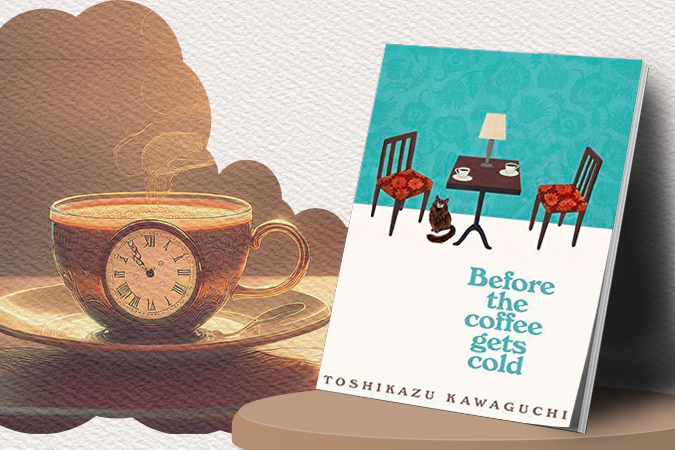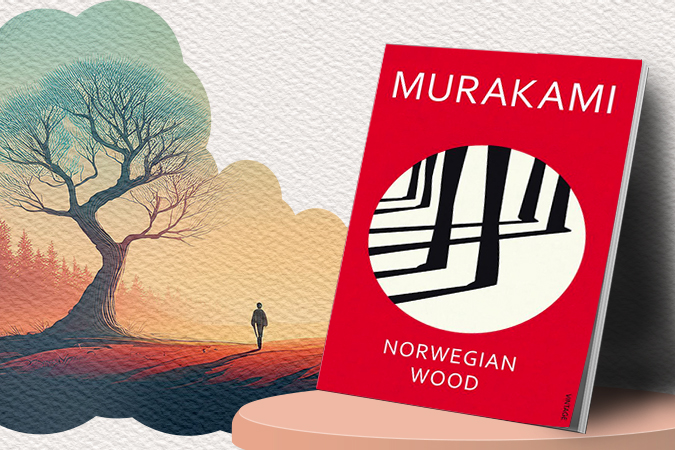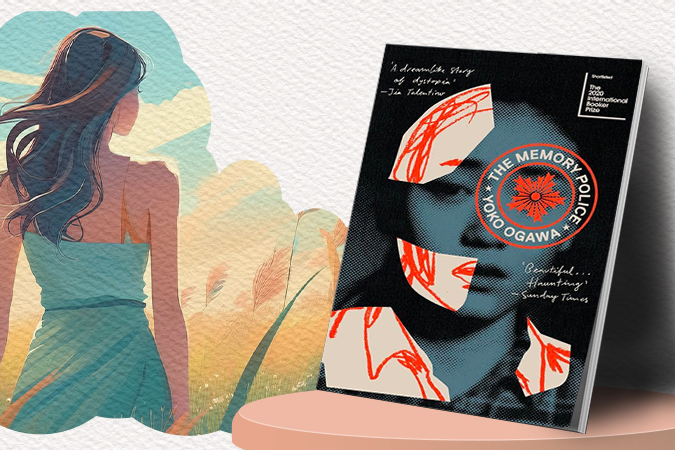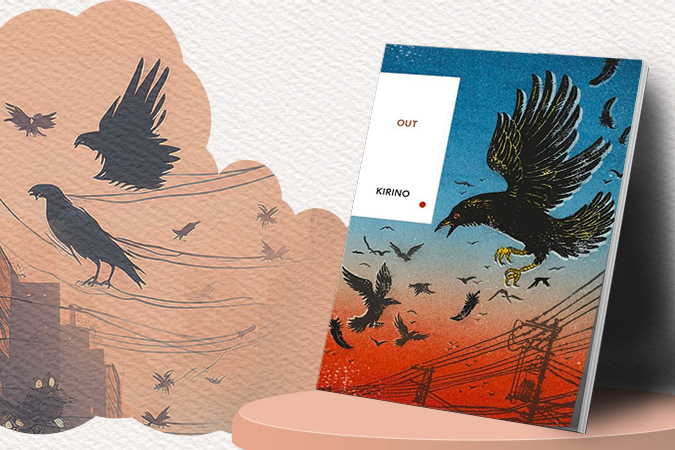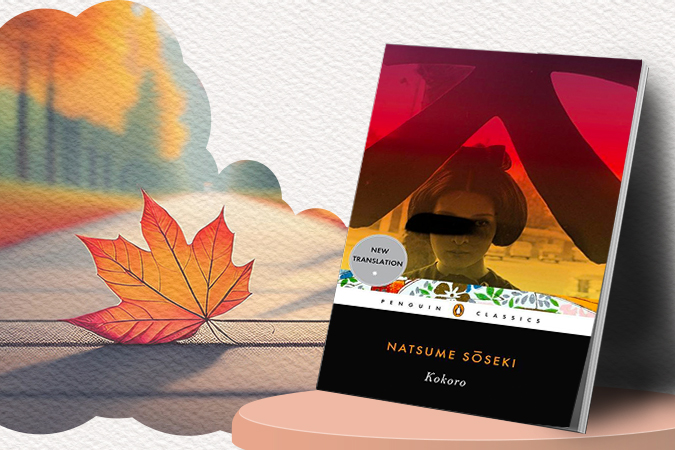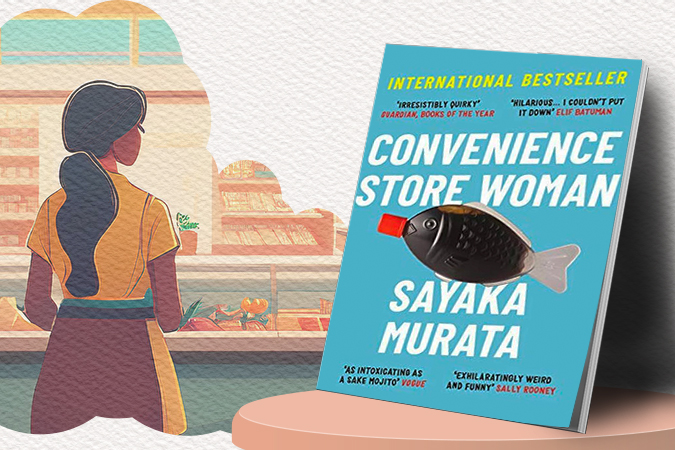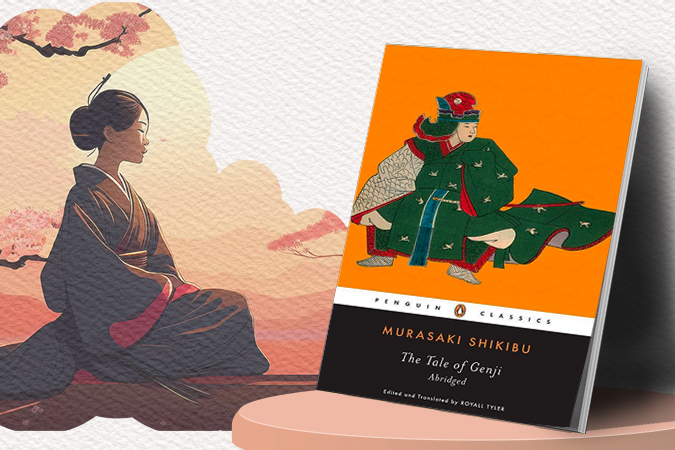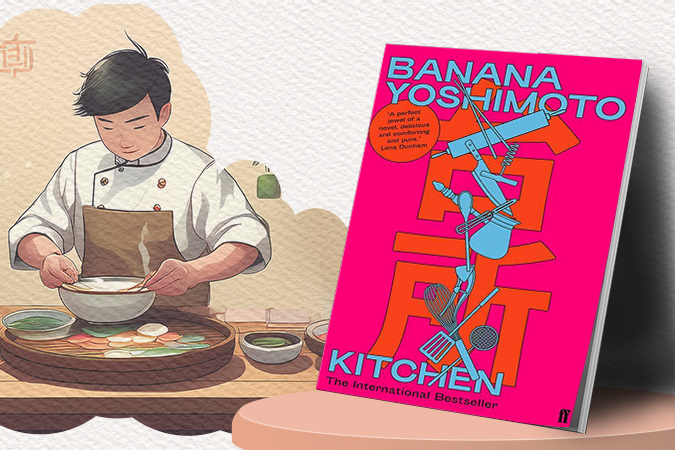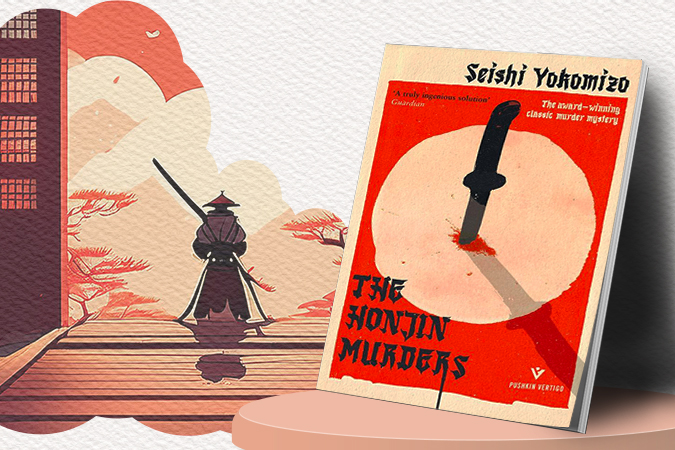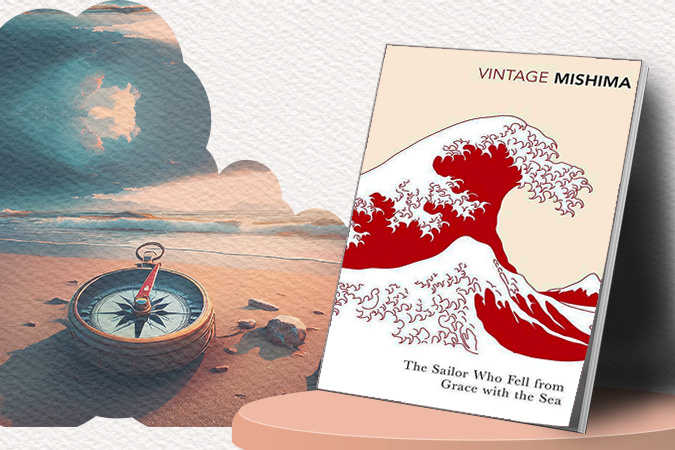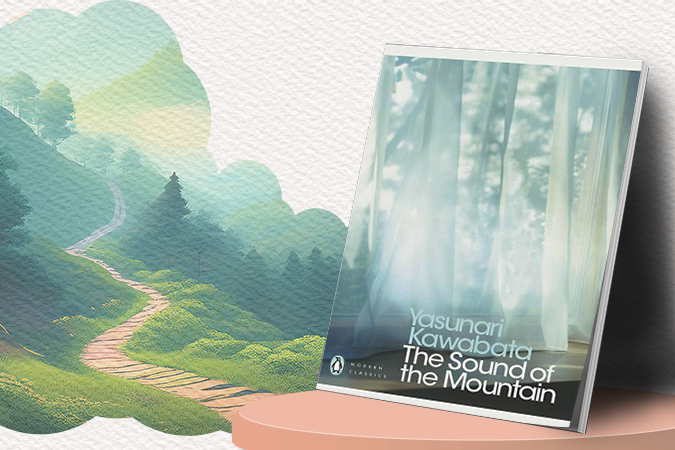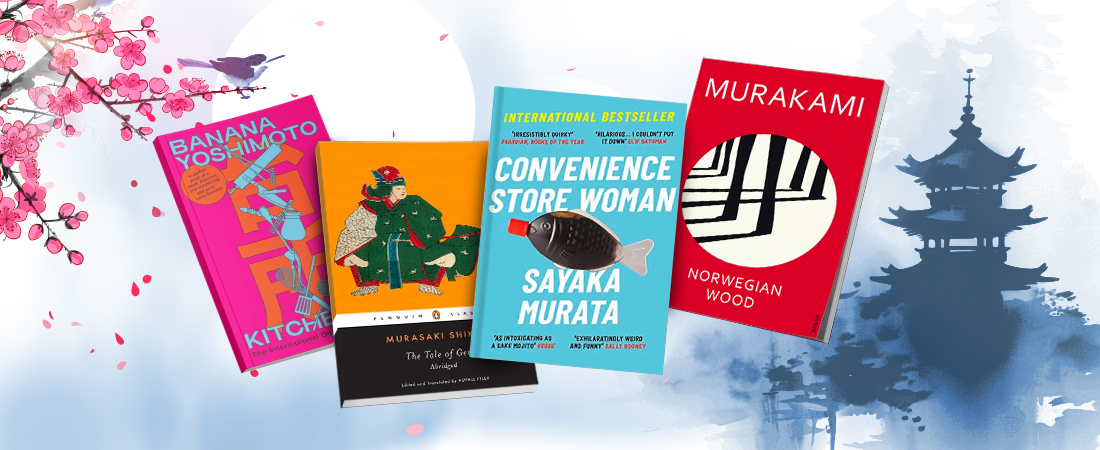
Savour the Best of Japanese Fiction Translated for Global Readers
Japanese books have become a global sensation, captivating readers with their unique storytelling and profound themes. From the delicate intricacies of daily life to the surreal landscapes of the imagination, Japanese fiction offers something for everyone.
Let’s explore a curation of the most iconic and bestselling Japanese novels translated into English, perfect for anyone looking to dive into world fiction, discover new genres, or simply expand their literary horizons.
What is Japanese Fiction?
Japanese fiction encompasses a wide range of genres, from introspective literary works to thrilling mysteries and surreal fantasies. What makes Japanese novels stand out is their ability to blend the ordinary with the extraordinary. The characters are often deeply introspective, and the themes explore the complexities of human nature, society, and the passage of time.
What Sets These Japanese Novels Apart?
Japanese books are renowned for their unique narrative styles, vivid imagery, and emotional depth. They often explore universal themes such as love, loss, identity, and the passage of time, but with a distinctly Japanese perspective that adds layers of meaning. The genres range from magical realism and crime fiction to historical epics and contemporary tales, each offering a window into Japan’s rich cultural landscape.
Why Have They Gained Popularity?
The global popularity of Japanese books can be attributed to its accessibility and the universal appeal of its themes. Many of these novels have been translated into multiple languages, allowing readers around the world to experience the beauty of Japanese storytelling. The rise of Japanese authors like Haruki Murakami has also played a significant role in bringing Japanese literature to the forefront of global attention.
Popular Japanese Novels You Should Know
The books on our list offer a diverse range of genres and themes, each with its unique appeal. Whether you’re drawn to the surreal worlds of Haruki Murakami, the emotional depth of Toshikazu Kawaguchi, or the historical insights of Murasaki Shikibu, these books will provide a gateway into the rich and varied landscape of Japanese fiction.
12 Japanese Books That the World is Reading
Before The Coffee Gets Cold is a heartwarming tale set in a small Tokyo café where customers can travel back in time. As each character revisits a moment from their past, they must confront unresolved emotions and make peace with the present. The book’s unique premise and emotional depth have made it a favourite among readers worldwide, and its message about the power of fleeting moments resonates deeply. The next books in the series include Before Your Memory Fades, Before We Say Goodbye, and Before We Forget Kindness (to be released in September 2024).
Set in 1960s Tokyo, Norwegian Wood turned Haruki Murakami into the literary superstar that he is today. In the novel, the protagonist, Toru Watanabe, navigates the turbulent waters of young adulthood while grappling with the tragic deaths of those close to him. Murakami’s lyrical prose and exploration of existential themes have cemented this book as a modern classic, with its portrayal of memory and longing striking a chord with readers around the globe.
By Yoko Ogawa
Shortlisted for the International Booker Prize 2020, The Memory Police is a dystopian novel set on an island where things mysteriously disappear, and the memory of them is erased. As the island’s inhabitants adapt to these losses, a young novelist tries to preserve memories with the help of a man in hiding. The story’s haunting atmosphere and exploration of memory, loss, and identity have earned it critical acclaim and a devoted readership. Ogawa’s depiction of a society slowly losing its history and individuality offers a chilling reflection on the fragility of human existence.
Out is a gripping crime novel that delves into the dark underbelly of Tokyo’s society. The story follows four women working at a bento factory who become entangled in a murder. As they navigate the aftermath, the novel explores themes of desperation, betrayal, and the harsh realities faced by women in modern Japan. Kirino’s raw depiction of female rage and survival has made this novel a standout in the crime fiction genre, with its unflinching look at the limits people are pushed to in the face of societal pressures.
Kokoro is a classic Japanese novel that explores the complexities of friendship, loneliness, and the generational divide. The story is centered around the relationship between a young man and his mentor, Sensei, who harbors a deep secret that has shaped his worldview and relationships. As the young man uncovers more about Sensei’s past, he grapples with the implications of trust, betrayal, and the weight of unspoken truths, ultimately leading to a profound understanding of the complexities of human nature.
The protagonist, Keiko Furukura, has spent 18 years working at a convenience store, finding solace in its structured routines and clear expectations. Her unconventional life, which defies societal norms of career progression and relationships, challenges those around her, leading to increasing pressure from family and friends to conform. Through Keiko’s story, Murata critiques the pressures of conformity in Japanese society while celebrating the joy found in simple, routine work. This novel has sparked conversations about individuality and the definition of a fulfilling life, making it a modern-day commentary on the clash between personal contentment and societal expectations.
Considered the world’s first novel, The Tale of Genji is a historical epic that chronicles the life and loves of Prince Genji, a nobleman renowned for his beauty and romantic exploits. The novel spans Genji’s life, detailing his relationships with various women and his rise and fall within the imperial court. This classic work offers a glimpse into the Heian-era court life and remains a cornerstone of Japanese literature. Its influence on Japanese culture and literature is profound, making it a must-read for anyone interested in the origins of the novel as a literary form.
This novel is a heartwarming exploration of the power of books and libraries in shaping our lives. Through interconnected stories, Aoyama illustrates how a simple visit to the library can change the course of one’s life, offering hope and inspiration to readers. Each character in the novel discovers unexpected answers to life’s challenges within the pages of books recommended by the mysterious librarian, Sayuri Komachi. The novel celebrates the serendipity of reading and the transformative power of literature, making it a comforting and uplifting read.
First published in 1987, the story follows Mikage Sakurai, a young woman grappling with the death of her grandmother, her last living relative. In her search for solace, Mikage finds comfort in the kitchen, where the act of cooking becomes a therapeutic escape. The novel also introduces Yuichi and his mother, Eriko, who offer Mikage a place to stay, creating an unconventional family bound by shared loss. As Mikage navigates her grief and begins to rebuild her life, Kitchen becomes a touching meditation on the connections between people and the spaces they inhabit, highlighting the small moments that help us heal.
A classic locked-room mystery, The Honjin Murders is a must-read for fans of detective fiction. The story revolves around the brutal murder of a bride and groom on the night of their wedding in a remote village, with the crime scene presenting an impossible puzzle. The room where the couple was found is locked from the inside, with no apparent way for the killer to have escaped. Detective Kosuke Kindaichi, a brilliant but unconventional investigator, is called in to unravel the mystery. The novel’s intricate puzzle and atmospheric tension keep readers on the edge of their seats.
The story centers on Noboru, a 13-year-old boy who idolises a sailor named Ryuji, whom he sees as embodying the ideals of masculine freedom and adventure. However, when Ryuji abandons his life at sea to marry Noboru’s mother, the boy feels betrayed and disillusioned. Alongside a group of disaffected youths, Noboru plots a ritualistic act of violence against Ryuji, whom they now see as having fallen from grace. The novel’s exploration of nihilism, identity, and the loss of innocence is both disturbing and compelling, leaving a lasting impact on readers.
The novel follows Shingo Ogata, an elderly businessman living in post-war Japan, as he grapples with the declining health of his wife, Yasuko, and the troubled lives of his children, Shuichi and Fusako. As Shingo becomes increasingly attuned to the sounds of nature, particularly the ominous sound of the mountain, he reflects on his own mortality and the disintegration of traditional family values. Kawabata’s lyrical prose captures the subtle beauty and melancholy of everyday life, offering a deeply introspective meditation on loss, regret, and the inevitable decline that comes with old age. The novel is a masterful portrayal of the human condition, imbued with a sense of quiet resignation.
Want to explore more literature from Japan? Give Manga a try! Read: From Shonen to Josei: A Beginner’s Guide to Reading Manga

